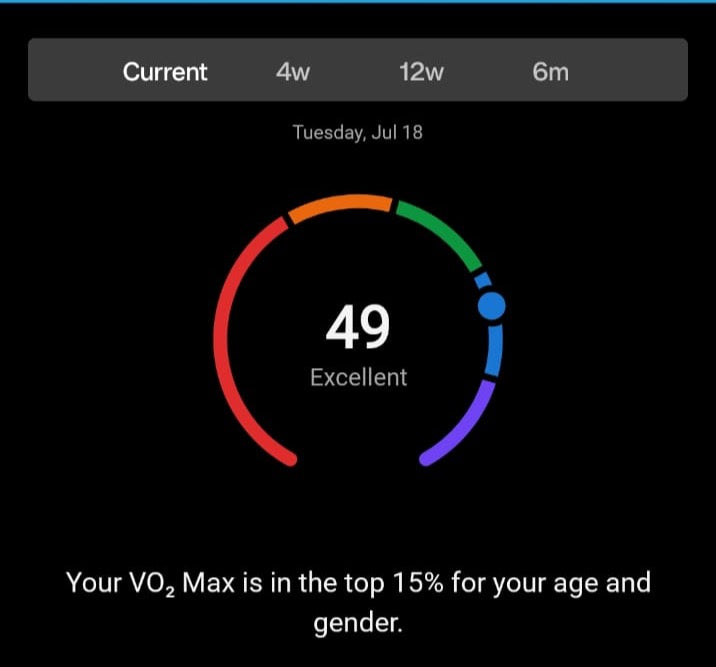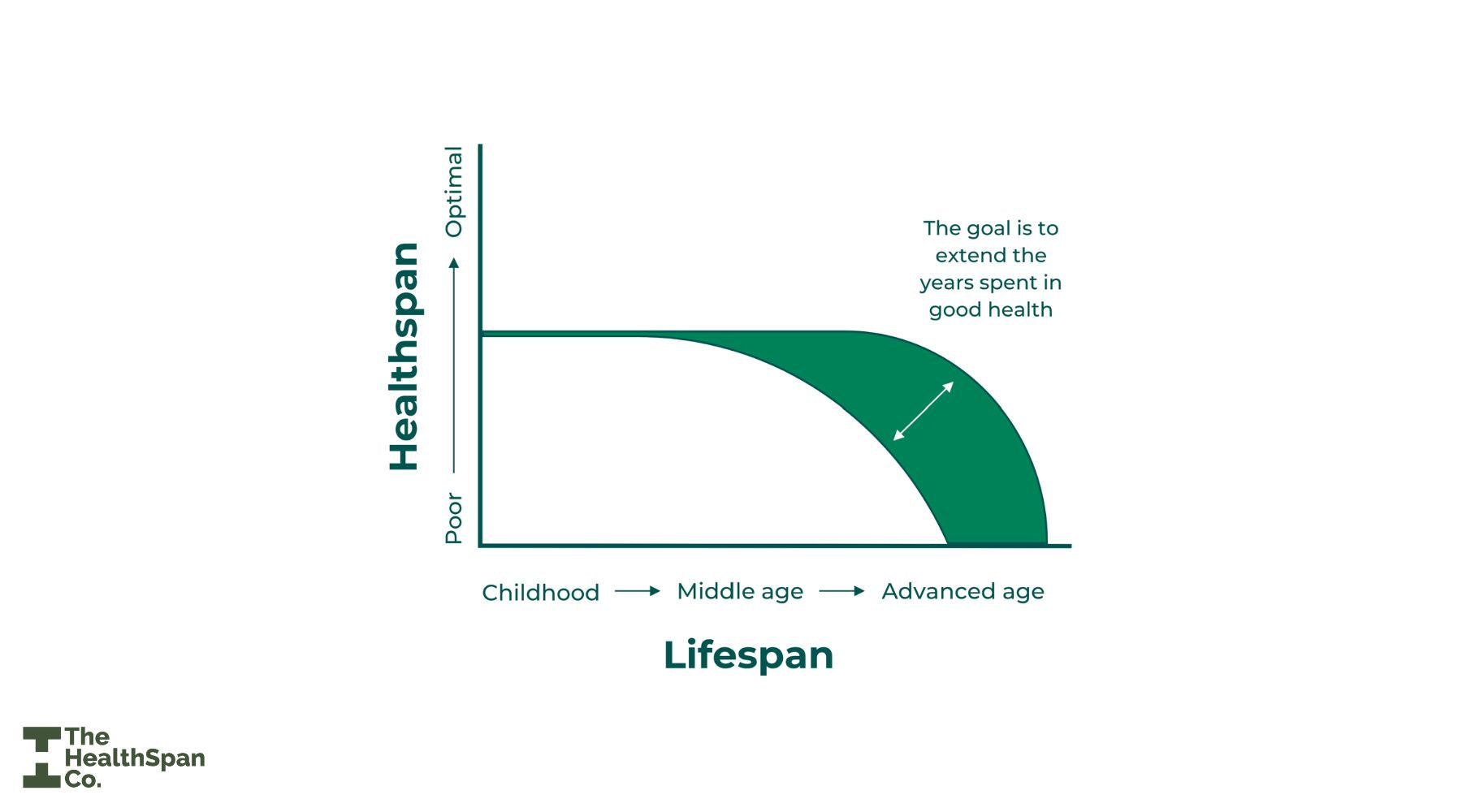Credits Mid-Life Wises.
I am regular Garmin watch wearer and have been using one for the last 5 years. It's a great piece of hardware but what's even better is Garmin's connected app which keeps throwing 100's of data points on my activity & fitness levels. Of all those measures, there is one measure on which I seemingly do well on - VO2 Max.
All along it had been a vanity measure for me till I discovered that a high VO2 Max is also an indication of how long and how well will you live! So did that mean I could improve my VO2 max and maybe squeeze in a few more years on this lovely planet? The answer was an emphatic yes. And that's when the journey down the rabbit hole started.
There's a great book on
healthspan and longevity from Peter Attia titled "Outlive - The Science & Art of Longevity" which piqued my interest in VO2 Max. An excerpt from it talks about the benefits of enhanced VO2 Max,
A 2018 study in JAMA8 that followed more than 120,000 people found that higher VO2 max (measured via a treadmill test) was associated with lower mortality across the board. The fittest people had the lowest mortality rates—by a surprising margin. This study found that someone of below-average VO2 max for their age and sex (that is, between the 25th and 50th percentiles) is at double the risk of all-cause mortality compared to someone in the top quartile (75th to 97.6th percentiles).
This was incredible! I knew being fit was important but this data point was now able to put fitness in context. But I'm jumping the gun here. First things first - what is VO2 Max?
VO2 max, short for maximal oxygen uptake, is a crucial indicator of cardiovascular fitness and endurance. It measures the maximum amount of oxygen your body can utilize during intense physical activity. A higher VO2 max means your body can efficiently supply oxygen to your muscles, allowing you to perform better during workouts and potentially leading to an improved health span.
Imagine your body is like a car, and oxygen is the fuel it needs to keep moving. Just like a car engine requires fuel to run efficiently, your muscles need oxygen to function during physical activity. VO2 max is like the car's fuel tank capacity.
When your VO2 max is high, it's like having a big fuel tank in your car. You can go for longer rides without running out of fuel, which means you can exercise for longer periods without feeling tired.
On the other hand, if your VO2 max is low, it's like having a smaller fuel tank in your car. You might run out of fuel quickly, and you'll feel more exhausted during exercise.
The similarities between a car's fuel tank and your VO2 Max end here as its not easily possible to change the former but the latter can be improved with far less effort. Being more active and doing more cardio activities that engage your heart & lungs is the best way to improve VO2 Max.
What's more interesting is that small gains in VO2 Max can have multiplier impact on your well being. Even just climbing from the bottom 25 percent into the 25th to 50th percentile (e.g., least fit to below average) means you can cut your risk of death nearly in half, according to the study quoted above.
For the keen reader, all this would seem fairly intuitive - the more you exercise, the fitter you are and in that VO2 Max can be seen as just another number which measures your fitness level. But if you dig a bit deeper you will notice the disproportionate impact of fitness (of which VO2 is a marker) on overall health.
A study published in 2022 in the Journal of the American College of Cardiology, looked at data from 750,000 US veterans ages thirty to ninety-five. Someone in the least fit 20 percent has a 4.09 times greater risk of dying than a person in the top 2 percent of their age and sex category.
Even someone of moderate fitness (40th to 60th percentile) is still at more than double the risk of all-cause mortality than the fittest group, this study found. “Being unfit carried a greater risk than any of the cardiac risk factors examined,” the authors concluded.
Phew!
Knowing what I know now, I'm off to the gym. How about you?





Leave a comment
This site is protected by hCaptcha and the hCaptcha Privacy Policy and Terms of Service apply.